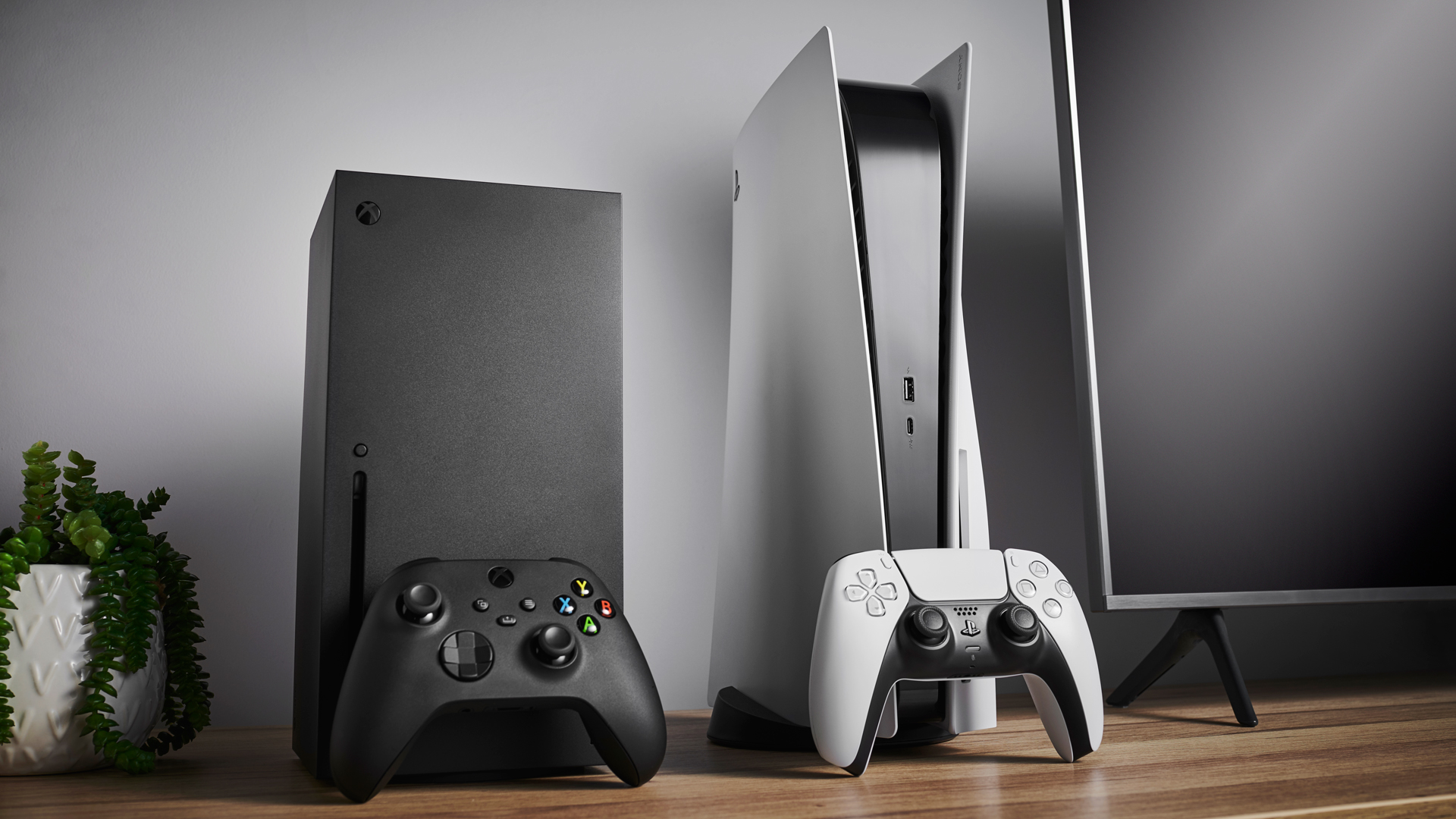The United Nations has published a video game that could help change the world
Inside the United Nations Ozone Secretariat's move to gaming in the fight against climate change
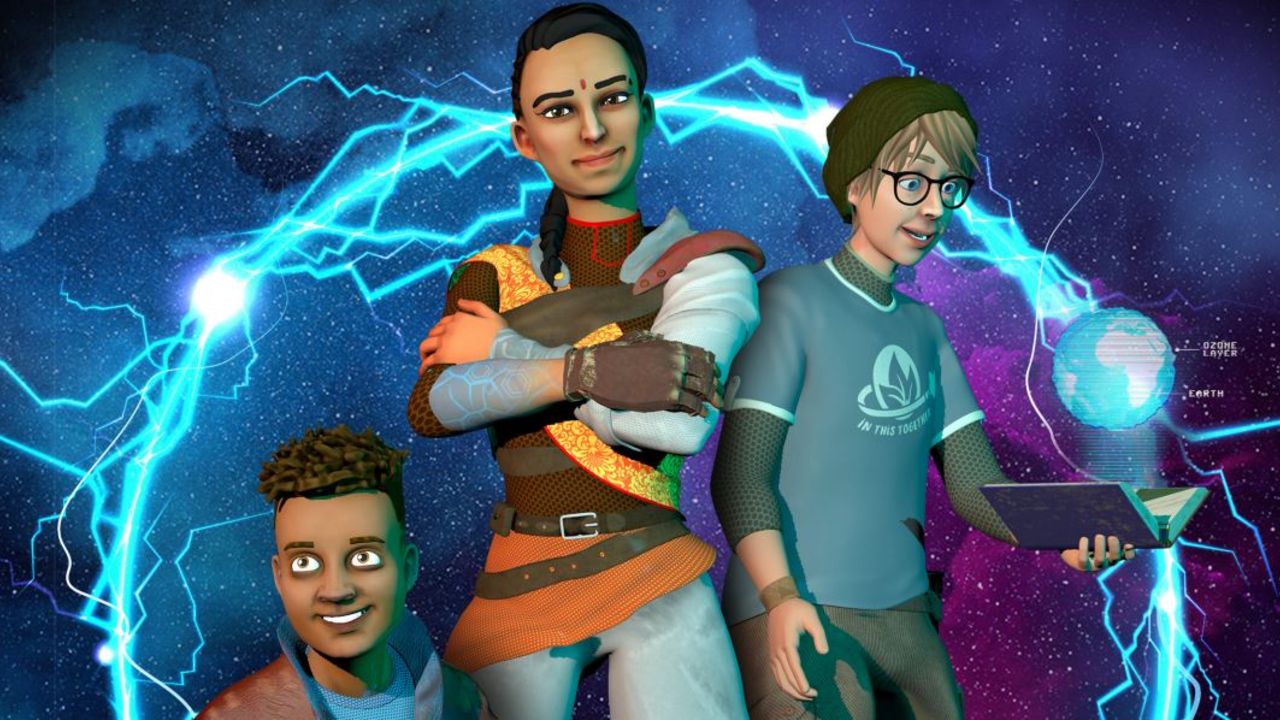
It's not often you find cause for hope amidst the climate crisis, but there's one sitting right above the Antarctic, and it's about three times the size of the United States. Once the overriding priority for climate scientists, the ozone layer that protects our atmosphere from the sun's ultraviolet rays is finally recovering, that aforementioned hole now shrinking year-on-year since 2016 following the ratification of the Montreal Protocol in 1989. It's a rare global success story for the environmental sector, and one that can inspire continuing efforts to combat climate change even now.
"Two key factors were behind the success of the Montreal Protocol," explains Meg Seki, acting executive secretary at the United Nations Ozone Secretariat. "Science being the basis for policy, and the global partnership among the stakeholders including governments of all the countries of the world, scientists/experts, industry, academia, NGOs and the media. It is crucial to remember that while the Montreal Protocol is in place, the 'ozone hole' story is far from over. Based on the data, and assuming compliance with the Protocol, it will take approximately a further 30 years from now before we can expect the ozone layer to recover. It is vital, therefore, to caution against complacency."
And it's here where video games come in. The UN Ozone Secretariat is turning to the medium as a key weapon in fighting against that complacency, raising awareness and inspiring the next generation of environmental champions through the power of its interactive storytelling.
Battlefield Earth
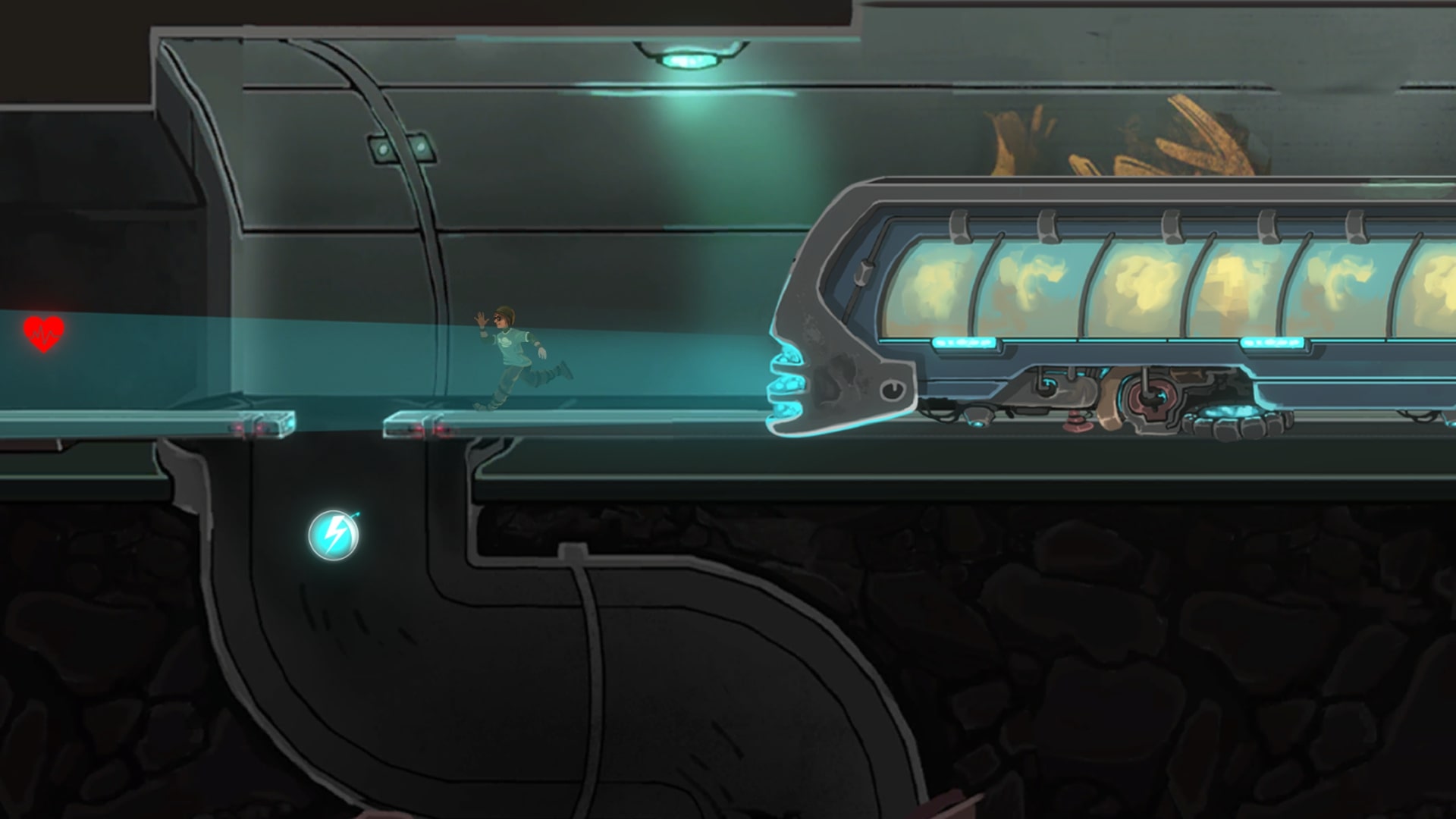
The United Nations Ozone Secretariat's first self-published game is Reset Earth, a mobile title set in a future where the Montreal Protocol never came into effect, and ozone-destroying chemicals remained in use, with players stepping into the shoes of three teenagers who must travel back in time to fix humanity's catastrophic mistake.
"We wanted to create original characters with a storyline that would appeal to Gen Z while informing them, in an appealing way, of the importance of protecting the ozone layer and safeguarding the environment," continues Seki. "The key aim is to engage with young people, especially those at school-going level, raise their awareness, and empower them with knowledge and hope that by working together and utilizing sound science, it is possible for the world to move forward and address global environmental challenges as it did with the Montreal Protocol."
Seki adds that the Ozone Secretariat worked with a green-energy powered South African developer called Rooftop to bring Reset Earth to life, reflecting a commitment to practice what the game is preaching around sustainability and care for the environment. With the growing carbon footprint of the games industry continuing to raise concerns, its efforts to lead by example in its creation of Reset Earth is thus almost as important as the finished product itself.
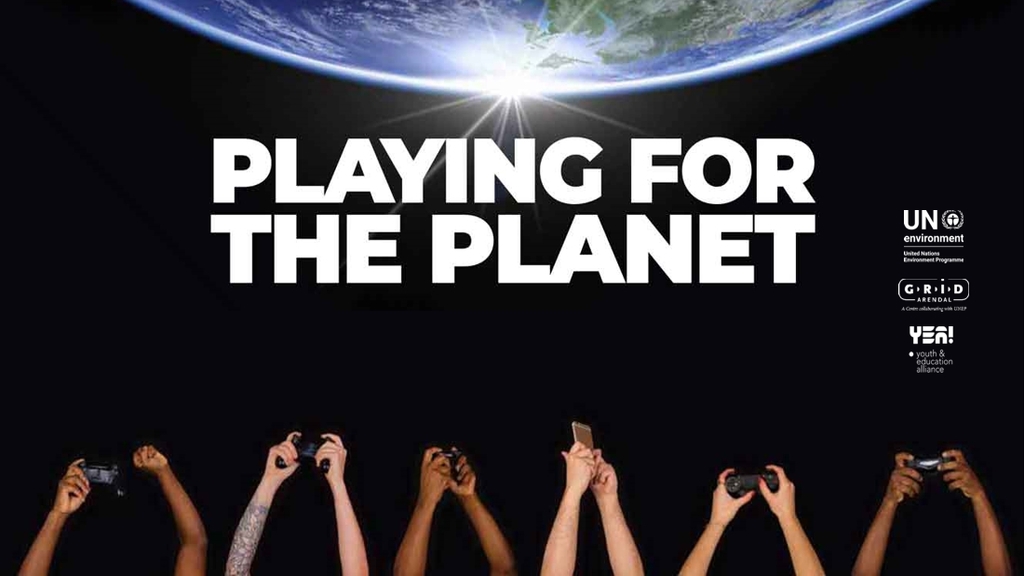
The work of the Ozone Secretariat is part of a wider movement across the United Nations to collaborate with, and learn from, the games industry in the continued fight against climate change.
Sign up to the GamesRadar+ Newsletter
Weekly digests, tales from the communities you love, and more
Back in 2019, the organisation launched Play for the Planet, a cross-industry initiative designed to encourage game developers, publishers, and console manufacturers to "harness the power of their platforms to take action in response to the climate crisis". According to Seki, efforts such as these reflect the United Nation's growing recognition of gaming's ability to "reach audiences that we might otherwise not have reached".
"On a daily basis, a staggering number of children and young adults play games and interact online globally. Based on this alone, it made sense to develop educational and informative assets that would appeal to young people through games and animation. Through strategic game development, we can immerse players in a fun and stimulating manner, allowing them to engage with global topics and challenges in a novel way."
No restarts
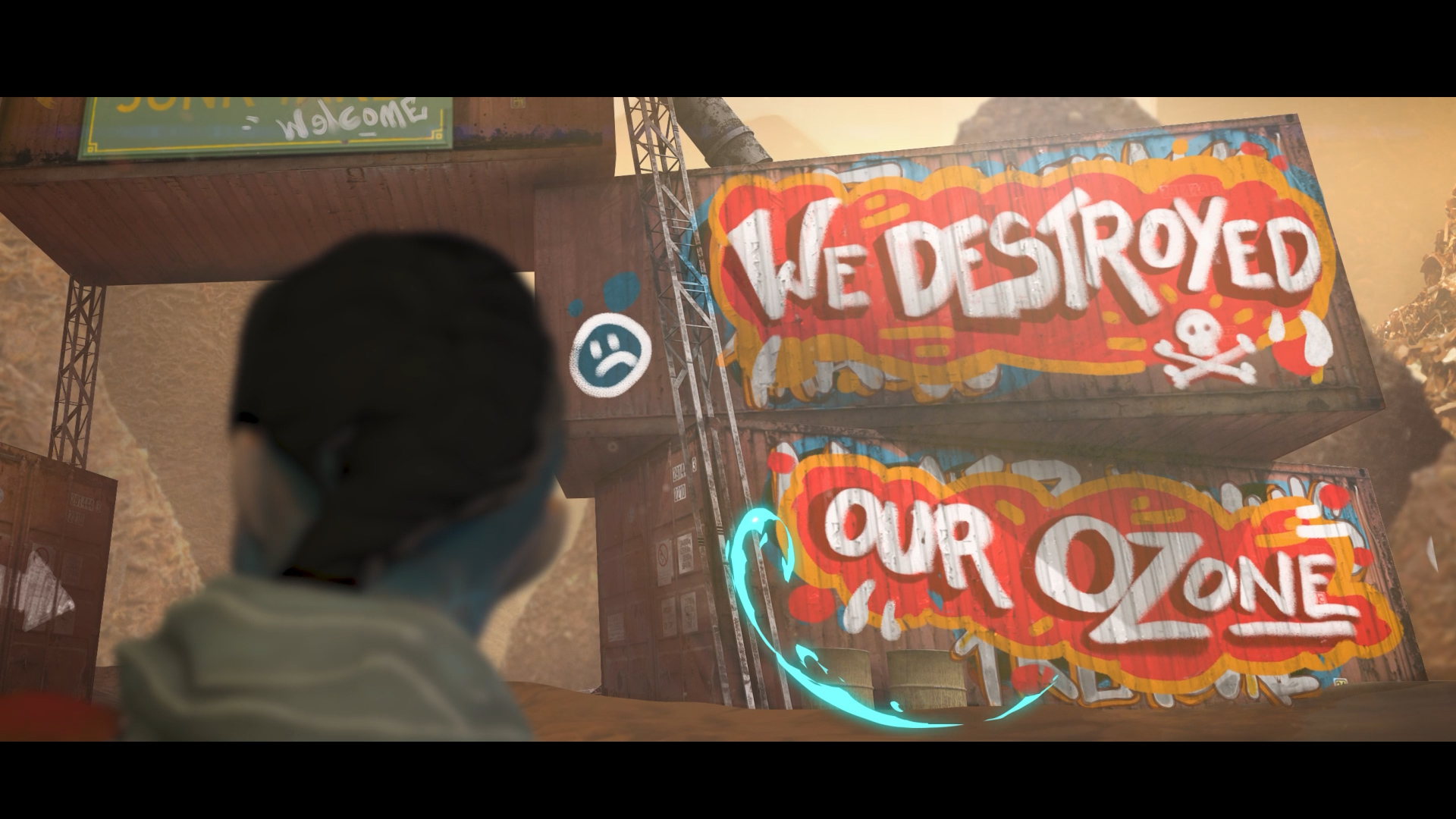
"Young people are the leaders of the future"
Meg Seki
The United Nations Ozone Secretariat hopes that Reset Earth will show people how change is possible when humanity comes together against a common threat. While the ozone layer won't return to its original health until several decades from now, it is healing as a result of an intentional change in human behaviour, and there's still time to address the rising temperatures of our planet with the same degree of commitment and collaboration.
"Looking at the success of the Montreal Protocol, which is one of the most successful, universally ratified global environmental treaties, it is clear that science and global collaboration are crucial to addressing challenges we face in protecting the global environment and achieving sustainable development," Seki tells me.
"The Montreal Protocol was agreed only when scientists, governments, policymakers, industry, and individuals around the world put aside their differences and worked together in the best interests of the greater good. This is a message we have worked to highlight through the animation and the game and is an important one to be highlighted as the world works to address other issues such as climate change."
With the US re-entering the Paris Agreement, and environmental movements continuing to put pressure on the fossil fuel industry around the world, there are many reasons to look towards the future of the planet with a sense of cautious optimism. Download Reset Earth onto your smartphone, and you'll find further cause to put that optimism to good use.
For more, check out our list of the best horror games to play right now, or watch the video below for our full review of The Medium.
I'm GamesRadar's Features Writer, which makes me responsible for gracing the internet with as many of my words as possible, including reviews, previews, interviews, and more. Lucky internet!
